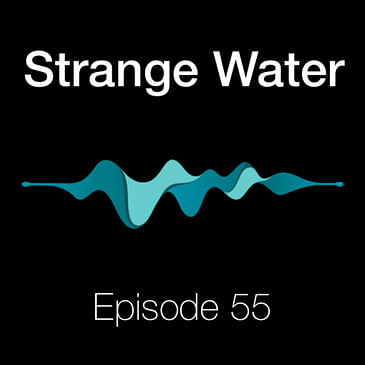Ethereum was not built to address the value extraction that quickly became rampant. Flashbots, introduced in 2020, addressed issues of front-running and value extraction in Ethereum transactions by redirecting value towards network participants. This sparked a crisis within the Ethereum community, leading to a transformation of its roadmap and the concept of the "dark forest paradigm." Kubi Mensah, Co-Founder of Gattaca, provides insights into Titan Builder's role in the MEV (Miner Extractable Value) supply chain, shedding light on its complexities and future implications for Ethereum's development.



